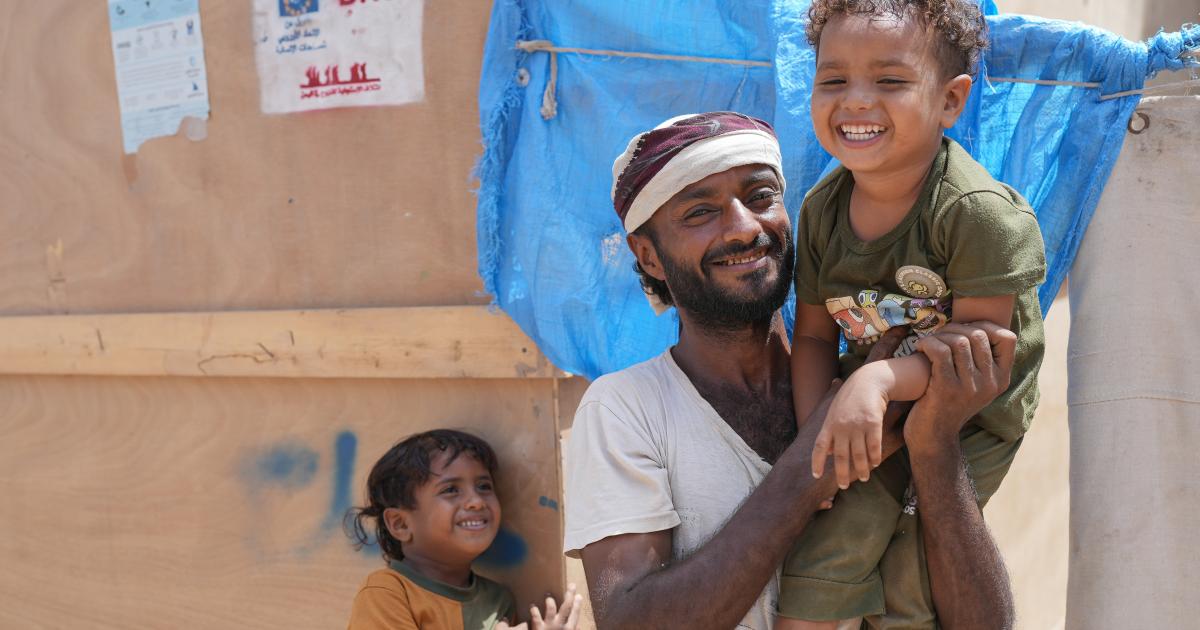The European Commission is releasing an additional €40 million in humanitarian aid to confront Yemen’s rapidly worsening crisis and help stave off famine. This brings total EU humanitarian support for Yemen to €120 million in 2025, and to almost €1 billion since 2015.
Years of war, economic collapse, and climate shocks have left more than half of the population facing acute food insecurity. More than 19.5 million people need humanitarian assistance and 17.1 million face crisis levels of food insecurity. Nearly 2 million children are malnourished, including half a million in severe condition. The health system is close to breakdown, with disease outbreaks spreading as facilities shut for lack of funds.
EU funding will provide urgent food, nutrition and health assistance, prioritising districts at highest risk of famine. As an additional layer of assistance, a recent EU Humanitarian Air Bridge operation delivered over 432 tonnes of medicines and life-saving supplies. Thanks to close cooperation with 11 humanitarian partners, this aid reached families across the country.
The EU is the largest donor to the Yemen Humanitarian Response Plan and remains a key partner in the UN-led efforts to uphold international humanitarian law and regional stability.
Commissioner for Preparedness and Crisis Management, Hadja Lahbib, said:
‘Behind the bleak humanitarian data there are millions of people in Yemen whose lives are in danger. Families cannot feed their children, hospitals are closing their doors, and preventable diseases are spreading. The EU is stepping up its support to bring food, treatment, and care to those most in need. Humanitarian aid must never be instrumentalised, blocked or retained.’
Background
The EU’s latest allocation of €40 million is drawn from its emergency funding reserves, adding to another €80 million already allocated this year.
A significant portion of the EU’s humanitarian assistance is supported through cash transfers to aid recipients, widely recognised as the most efficient, effective and dignified method of humanitarian assistance.
* The allocation is subjected to the approval of the budgetary authorities.



